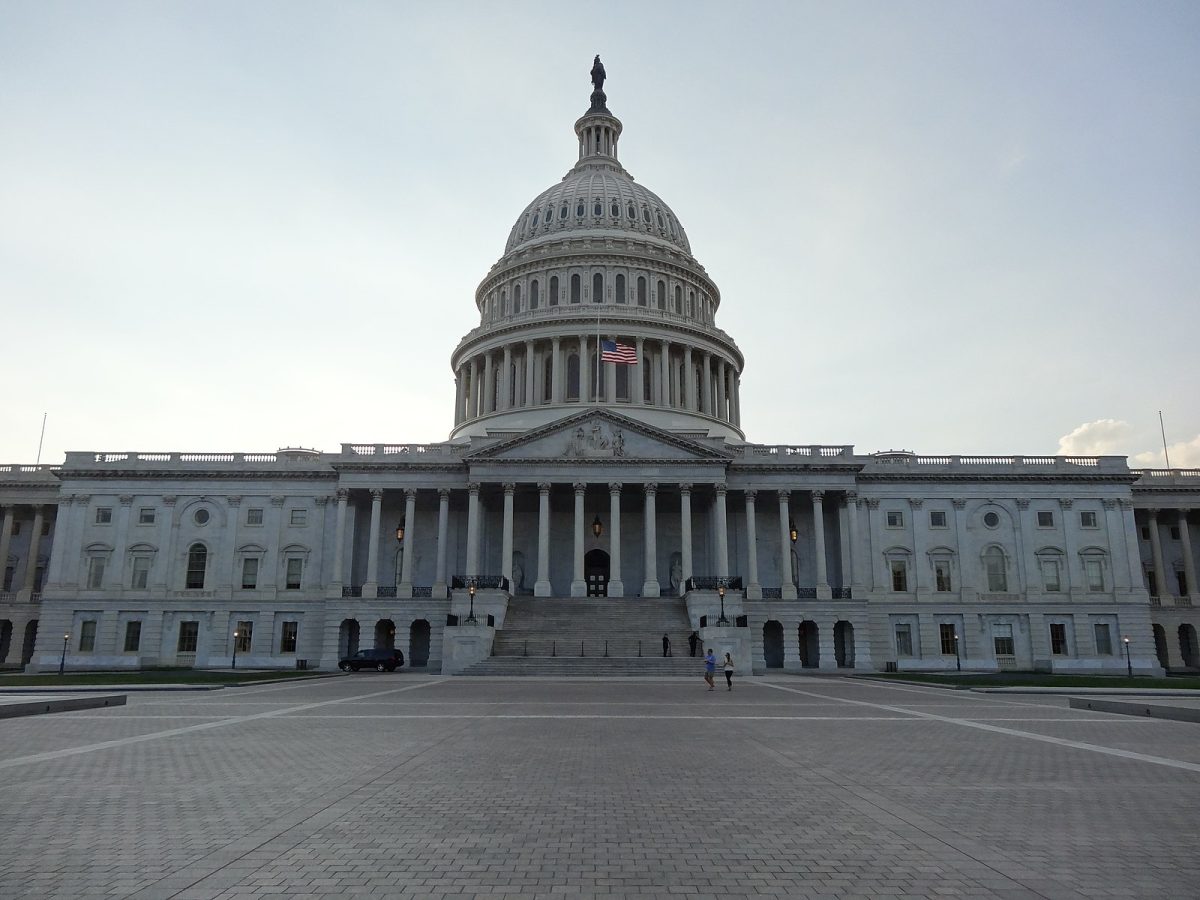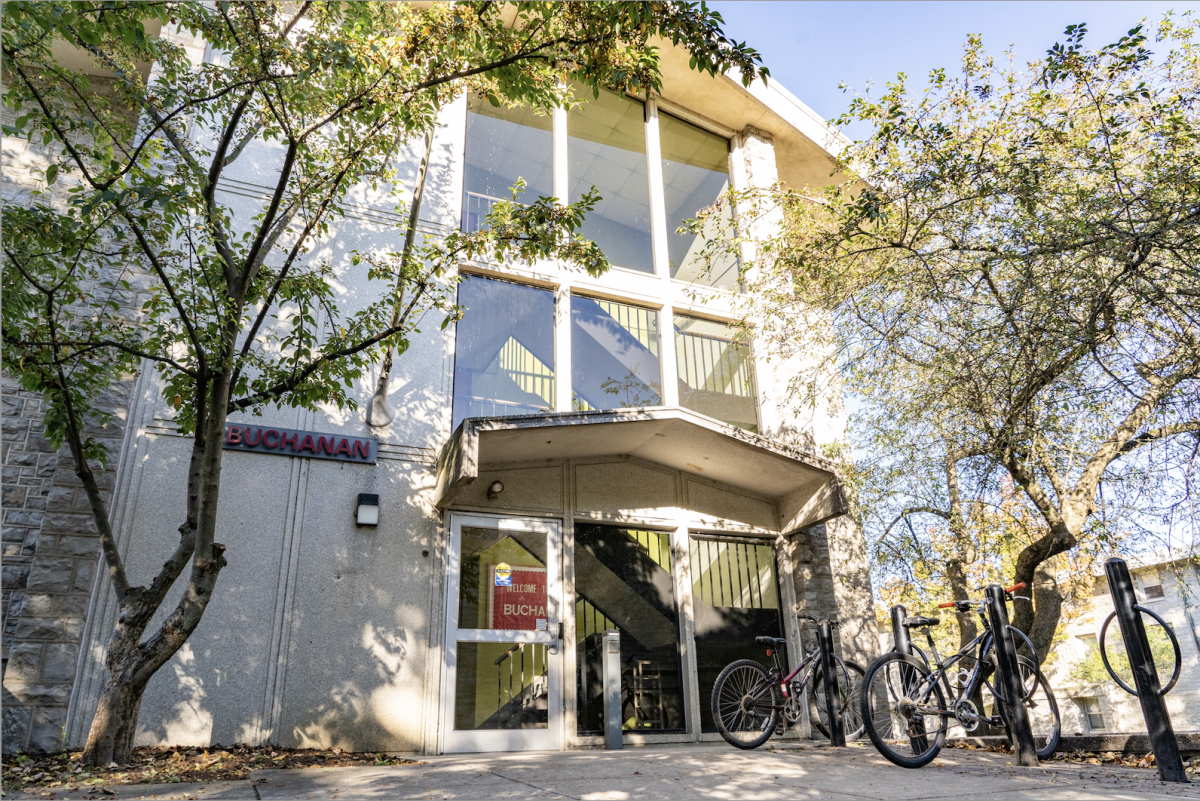On election day, I was feeling quite confident in Kamala Harris. I felt that she ran a great campaign and effectively articulated why a second Trump presidency would be so damaging for the country. I felt energized when I canvassed for her throughout the Carlisle area. I felt energized after attending events that advocated for her presidency. I felt energized when historian Allan Lichtman, who has predicted every Presidential election since 1984, predicted a Harris victory.
Like many, I was astonished and angry by Trump’s victory. I thought for sure, if Donald Trump were to win this election, it would be by an electoral college technicality, or through a questionable Supreme Court ruling like the 2000 Presidential election. But no. Perhaps what was most shocking to me, was that he was elected fairly through our democratic process by a majority of voters. Unlike 2016, Donald Trump even secured the popular vote despite being such a polarizing figure.
I have read countless articles finger-pointing to many things in an effort to explain his reelection. Some point toward Joe Biden’s refusal to drop out of the election until July, leaving Harris only a little over 100 days to launch a presidential campaign. I’ve seen others point toward Harris’ stance on the war in Gaza which left many Democrats unsatisfied with her candidacy. Some point toward the simple fact that Kamala Harris is a woman running for president.
While I am extremely skeptical about placing the blame on any one variable in an election as complicated and charged as the 2024 presidential election and do not want to discount the other factors I mentioned as being unimportant, I do think that voters’ feelings toward the economy are the primary reason why Harris lost this election.
In an October 2024 article, Gallup found that only 39% of voters felt “better off” economically than they did four years ago. In 2020, 55% of voters felt better off than they did in 2016. Looking back, this polling was pretty damning for the Harris campaign.
Despite nearly every macro-economic indicator suggesting the economy of the U.S. is healthy, voters feel otherwise. The cost of living to many feels overbearing and too expensive. As frustrating as it may seem that voters prioritized the economy over other considerations during this election such as the health of American democratic institutions, Trump’s crimes or the demagogic rhetoric from the Trump campaign, it is something that the Democratic party cannot ignore and should not have ignored.
So, what now? I think that Democratic leaders need to let the dust settle before they begin to reorient the party in response to this election. Tensions and emotions are high and again there is a lot of blaming going around. I do believe that the Democratic party has become unappealing to the working-class voter. Democrats need a complete rebrand and focus on economic populism, similar to Bill Clinton’s platform in the 1990s.
Kamala Harris faced an uphill battle. I do believe she ran a great campaign despite the unfortunate circumstances she was handed. She was forced to campaign while being Vice President, which, to many people’s frustration, left her unable to truly separate herself from the Biden administration. She ran after a term of intense inflation, despite things cooling down in recent months, which would be incredibly difficult for any candidate of the incumbent party in power. Despite these obstacles, she raised record amounts of money and still obtained 48% of the popular vote. However, the Democratic party must rethink how they appeal to working-class Americans and how to move forward.








